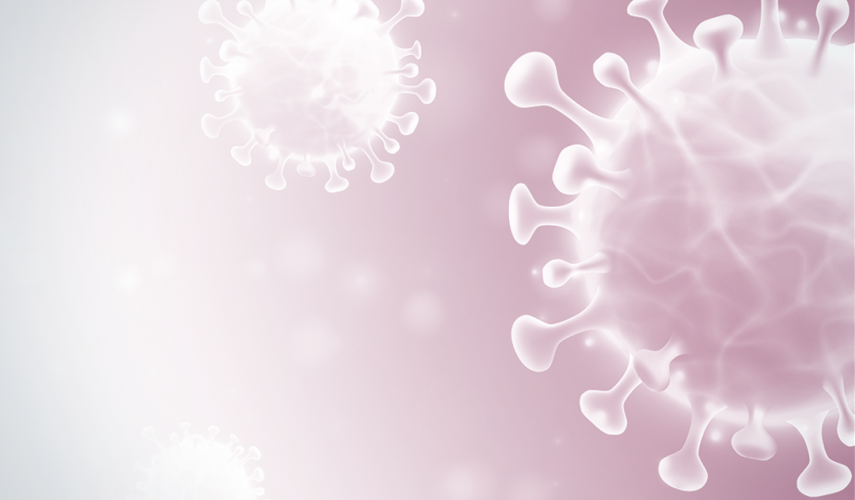


A new variant of the coronavirus detected in South Africa was classified this Friday (26/11) by the World Health Organization (WHO) as a "variant of concern", and named omicron. The organization reported that preliminary evidence suggests that this variant poses a greater risk of reinfection of covid-19 than its predecessors.
WHO adopts the classification “concern variant” to describe the coronavirus variants that pose the greatest risk to public health. Although there is little concrete information so far, scientists fear that this new version of the virus is more transmissible and will confuse the immune system. In addition to more infections, this means hospitalizations and deaths are on the increase, and there is a possibility that vaccines available today may be less effective against the new strain.
The key to understanding why the new variant has raised such concern is its high number of mutations. Viruses make copies of themselves to reproduce, but theyre not perfect at it. Errors can happen, resulting in a new version or "variant". The more chances the coronavirus has to make copies of itself in us—the host—the more opportunities there are for mutations to occur.
That′s why it‘s important to control infections. Vaccines help reduce transmission and also protect against more severe forms of covid. In South Africa, only 23.5% of the population is fully vaccinated, compared to 60% in Brazil, according to data from the platform Our World in Data, from the University of Oxford, in the United Kingdom.
The country‘s vaccination program has slowed in recent months — not because of a lack of supplies, but because of public indifference.